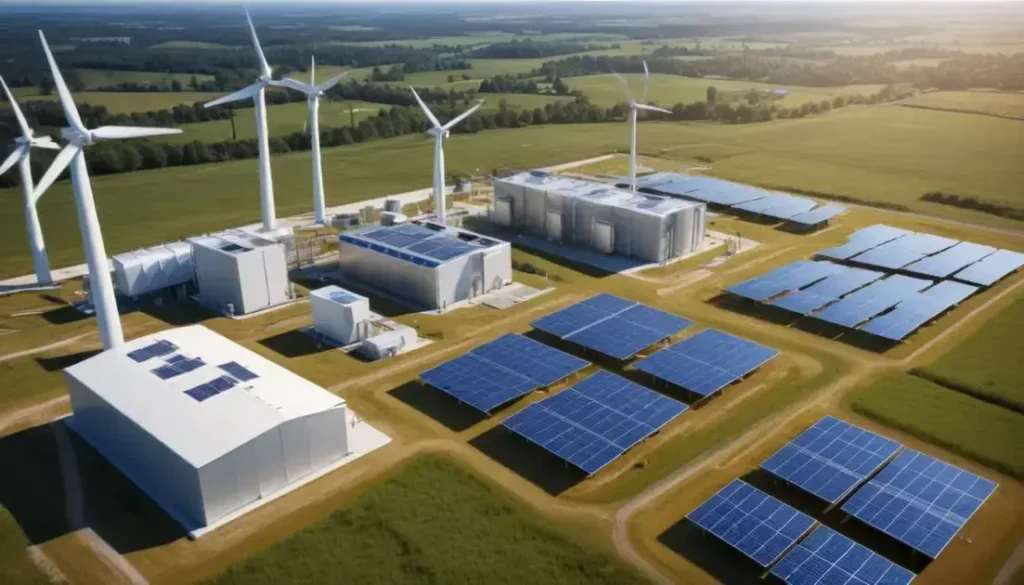Sustainable aviation fuel is a biofuel derived from renewable sources that significantly reduces the aviation industry’s carbon footprint, improving energy security through diverse feedstocks while enhancing local economic opportunities.
The innovative alliance for producing sustainable aviation fuel has the potential to reshape the industry. Have you considered how much waste can actually fuel our future?
Accelerated project timelines and cost reduction
In the rapidly evolving sector of sustainable aviation fuel, the emphasis on accelerated project timelines is paramount. Initiatives aimed at reducing costs are also gaining traction, ensuring these fuels become more accessible. The alliance’s collaborative approach streamlines operations, making it possible to turn research into practical solutions quicker than ever.
One critical factor in this acceleration is the integration of innovative technologies that optimise production processes. By focusing on efficiency, companies can cut down on waste and reduce operational expenses. This efficiency also translates to more competitive pricing for sustainable aviation fuels, making them an attractive option for airlines.
Collaboration among various stakeholders, including governments, industry leaders, and research institutions, plays a crucial role in these accelerated timelines. Such partnerships ensure that resources are shared effectively and that breakthroughs in technology can be leveraged across the board. With the growing demand for sustainability in aviation, meeting project deadlines is essential for industry players to remain relevant.
Furthermore, this proactivity in project management not only addresses economic concerns but also significantly impacts environmental goals. By bringing sustainable aviation fuels to market more swiftly, the industry can work towards reducing its carbon footprint and contributing to a greener future.
Diverse feedstocks for energy security
The exploration of diverse feedstocks for sustainable aviation fuel is crucial for enhancing energy security. By utilising a wide range of sources, such as agricultural waste, forestry residues, and municipal solid waste, the aviation industry can significantly reduce its dependence on fossil fuels.
Implementing these varied feedstocks not only contributes to sustainability but also bolsters local economies. Farmers and businesses involved in the production of feedstocks can benefit from the new economic opportunities created by the shift towards sustainable aviation fuel production.
Moreover, using a combination of different feedstocks ensures that the supply chain remains robust and less vulnerable to fluctuations in any single source. This diversification mitigates risks associated with supply interruptions, making energy distribution more stable and reliable.
Research and development efforts are focused on optimising the conversion processes of these feedstocks. By improving efficiency, stakeholders can maximise yields and reduce costs. Innovations in technology are vital for ensuring that sustainable aviation fuels can compete effectively with conventional fuels.
Ultimately, the journey towards a more sustainable aviation industry depends on the proactive adoption of varied feedstocks. This strategic shift empowers the sector to meet future challenges and supports broader environmental goals while ensuring energy security.
In Conclusion
The shift towards sustainable aviation fuel is essential for the future of the aviation industry. By focusing on accelerated project timelines and leveraging diverse feedstocks, the industry can enhance energy security and contribute positively to the environment.
As collaborations grow among stakeholders, the production of sustainable aviation fuels becomes more viable and cost-effective. This not only supports airlines in their sustainability goals but also opens up economic opportunities for various sectors.
Ultimately, embracing these changes will lead to a more resilient and sustainable aviation industry, paving the way for a greener future and helping combat climate change.
Frequently Asked Questions
What are sustainable aviation fuels?
Sustainable aviation fuels are biofuels made from renewable resources, designed to reduce the carbon footprint of aviation while maintaining performance.
How can diverse feedstocks improve energy security?
Using diverse feedstocks for sustainable aviation fuels helps minimise reliance on a single source, stabilising the supply and reducing risks associated with shortages.
Why are accelerated project timelines important in this sector?
Accelerated timelines allow the aviation industry to quickly adopt sustainable solutions, ensuring they remain competitive and meet environmental goals.
What role do collaborations play in sustainable aviation fuel production?
Collaborations among governments, businesses, and research institutions enhance resource sharing and technological advancements, speeding up the production process.
How can sustainable aviation fuels benefit local economies?
The production of sustainable aviation fuels can create new job opportunities and stimulate economic growth by involving local farmers and businesses in the supply chain.
What are the environmental benefits of adopting sustainable aviation fuels?
Adopting sustainable aviation fuels helps reduce greenhouse gas emissions, contributing to a cleaner environment and supporting global efforts to combat climate change.


